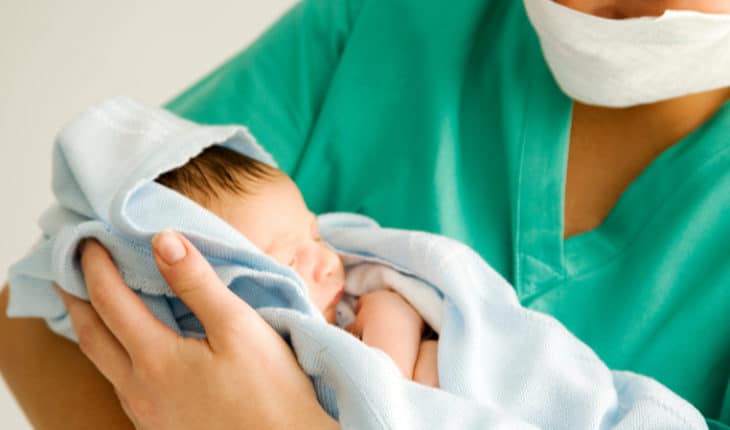Many student midwives are struggling under the weight of financial concerns, poor mental health and an unpredictable job market, according to new findings by the Royal College of Midwives (RCM).
Student midwives in England, who must pay tuition fees and take out maintenance loans to cover living costs, will have, on average, a debt of £41,000 when they qualify. Even for those who receive a training bursary, the financial future is bleak. A staggering 91 per cent of student midwives in Scotland, Wales and Northern Ireland said their training bursaries were not enough to live on.
Gill Walton, Chief Executive of the RCM, said: “Our student midwives should not be facing a triple threat of debt, worry and an unpredictable job market Unlike other students, the demanding nature of their course mean they have little opportunity to seek part-time work to supplement their income. They have a longer academic year, they work nights, weekends and bank holidays, and are often on-call to go in a at a minute’s notice. They show incredible dedication to their chosen career and there is an overwhelming case to give them better financial support, and to ensure they get jobs in our NHS when they qualify.”
The pandemic’s impact on student midwives cannot be underestimated. The RCM found that 96 per cent of student midwives reported having mild or moderate mental health problems since the pandemic began. Our survey shows that by the end of July just 36 per cent of students in their final year of midwifery training had been offered a job in the NHS. At the same time, midwifery educator numbers are not keeping pace with the rise in student midwife numbers, potentially leaving students less supported throughout their training.
Gill Walton added, “Throughout the pandemic student midwives have made enormous efforts, working in our maternity services while also continuing their studies. At the same time the pandemic has disrupted midwifery education heavily. Some UK governments and institutions are doing better than others, but most are selling our student midwives short. They need to step up and ensure we continue to have the best educated, best prepared new midwives in the world. They are the future carers of mothers, babies, and families and we must invest in them.”
- Gut microbiome could delay onset of type 1 diabetes - 3rd April 2025
- The da Vinci 5 Robot Is Set To Transform Bariatric Care: - 31st March 2025
- Beyond money: the hidden drivers fuelling child food insecurity - 31st March 2025






